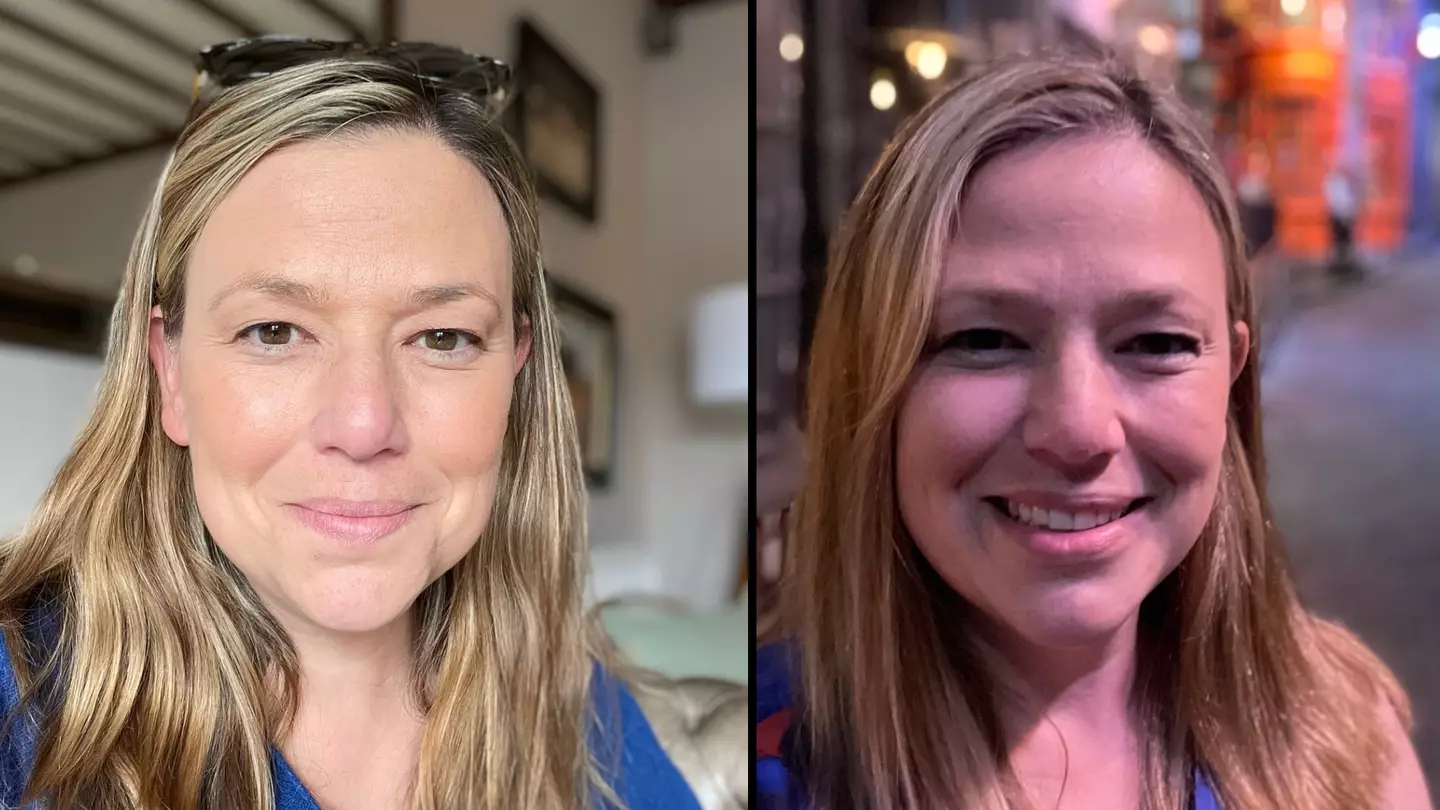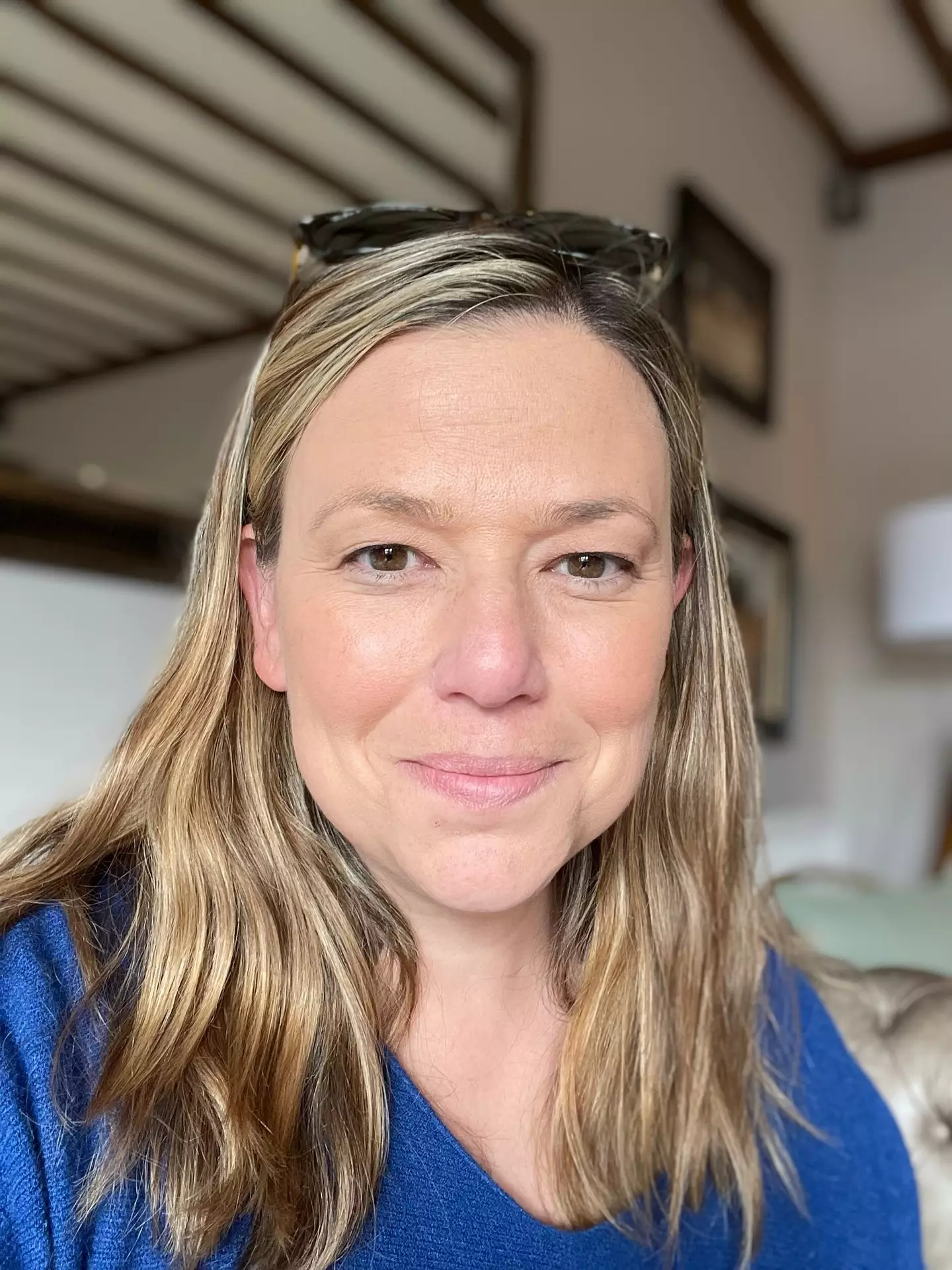
A mum has shared the ADHD symptoms she struggled with after finally being diagnosed in her 40's.
According to statistics from ADHD UK, it's estimated that around 2.6million people in the UK suffer from the disorder.
There are no concrete figures when comes to the amount of adults living with undiagnosed ADHD, however a '400% increase' increase in adults pursuing a diagnosis suggests that a lot of people have spent years suffering in silence.
This often leads to misconceptions that people with ADHD are just 'lazy' or 'unintelligent' - which is particularly damaging.
Advert
This is something that Lydia Berman, 46, from Hemel Hempstead in Hertfordshire, experienced, with the mum-of-one revealing she always believed she was 'lacking' something due to her struggling at school.
Speaking to PA about her experience, Lydia revealed that she first learnt that she could have ADHD while undergoing bereavement counselling sessions after the death of her mother in 2020.
"ADHD came up because of the way that I was processing information and the way that I was dealing with emotion, and the brain fog I was struggling with," she said.
"I’ve used it as something which has helped me understand [myself] and how [to] think and work better."
Lydia would later visit her GP who agreed that she had obvious signs of ADHD.
What are the common symptoms of ADHD?
ADHD symptoms will vary from age group and person to person, however the NHS website writes that poor organisational skills, an inability to focus or prioritise and forgetfulness could be indicative of ADHD in adults.
ADHD UK also has a self-screening tool for adults, which can be found here.

Explaining her symptoms, Lydia revealed she had included being 'forgetful', jumping between '10 different topics in a sentence' and having either 'either hyper focus or have zero focus'.
The conversation also allowed Lydia to finally understand her behaviour patterns and why she had struggled in school.
"I can see quite clearly… that my brain thinks differently to other people now," she said. "It all made sense.
"I think I just think in a creative way, so I’m very good at problem solving."
Lydia went on to explain that her ADHD diagnosis had allowed her to 'better understand' her strengths - making the day-today running of her business better.
"The diagnosis meant that I could better understand what I can do well, and what I should not be doing – I allocate tasks to other people now," she added.

The freelance graphic designer went on to add that concerns about ADHD being over diagnosed are 'unwarranted' especially if a diagnosis leads to people understanding themselves better.
"I think for a long time, people just thought only a very small percentage of people have different ways of thinking but I think [that is] slightly narrow-minded," she said.
"We're all wired differently… and I think it is only logical that we learn differently and process things differently."
Topics: Health, Lifestyle, ADHD, NHS, Mental Health